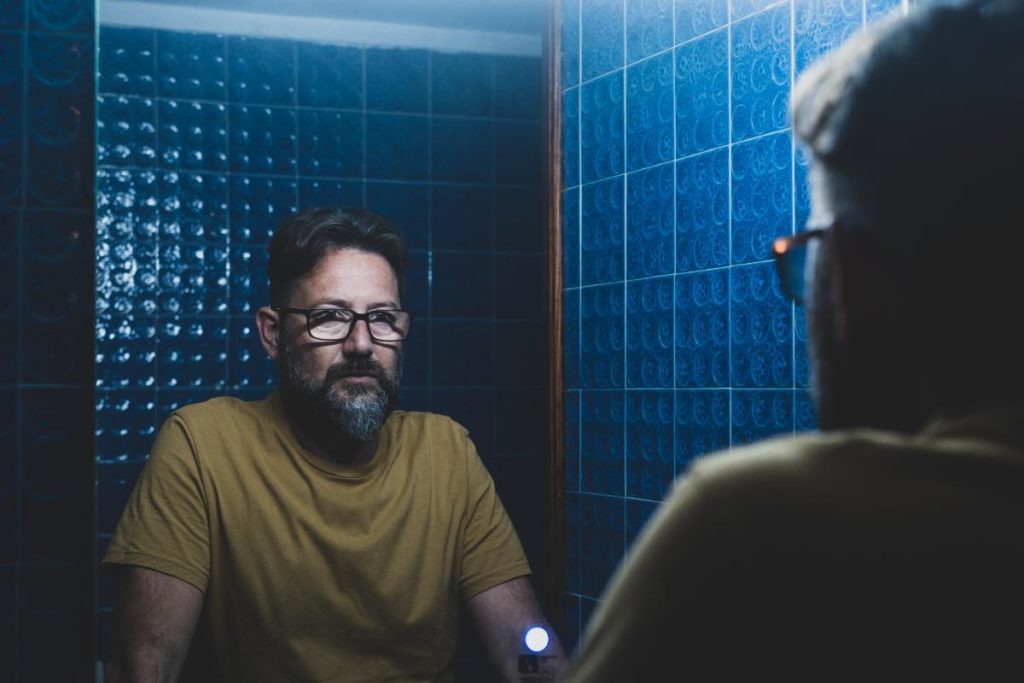Benzodiazepines are prescription drugs that are used widely for recreational purposes. These drugs are highly addictive and carry severe side effects, and sudden withdrawal can be deadly. But how do you know if a loved one is struggling with benzo abuse, and how can you find a benzo addiction treatment program to help?
If you’re concerned that your loved one is engaging in prescription drug abuse, reach out to the experts at Northpoint Omaha by calling 888.687.8014. One of our team members would be happy to talk you through our addiction treatment options and how we can help your loved one achieve sobriety.
Prescription Drug Abuse
Addictions to prescription drugs affect millions of people in the United States each year, affecting every community in the country. Benzodiazepines are one of the most commonly misused medications. Examples of benzodiazepines include:
- Valium (diazepam)
- Xanax (alprazolam)
- Klonopin (clonazepam)
- Ativan (lorazepam)
These medications are potent central nervous system depressants, meaning they slow the body’s automatic, life-preserving functions. Taking too much of one of these drugs can result in overdose and death.
When a person has a benzodiazepine use disorder, they struggle to control how much they use, and they may not be able to stop on their own. But how do you know if somebody is struggling with benzo abuse?
Signs of Benzo Abuse
Often, people who experience addiction attempt to hide their drug use from their loved ones. But certain telltale signs can help you identify whether your loved one is using benzodiazepines.
Here are the signs of benzo abuse broken into three distinct categories that benzodiazepine use disorders will typically affect: physical symptoms, cognitive signs, and social signs.
Physical Signs
The physical signs of benzodiazepine use refer to specific behaviors and characteristics that you can see, usually while a person is either under the influence of benzodiazepines or recovering from their acute effects. While under the influence of benzodiazepines, somebody may show physical signs, such as:
- An exaggerated sense of confidence
- Appearing drunk but not smelling like alcohol
- Drowsiness or sleepiness
- Being unsteady on their feet
- These signs may indicate that somebody is currently under the influence of benzodiazepines.
Additionally, people who have a physical dependence on benzodiazepines may show certain symptoms when they are going through withdrawal. Just a few of these include:
- Sweating
- Tremors
- Nausea
- Panic attacks
In severe cases, people going through benzo withdrawal may experience life-threatening seizures. Anyone attempting to stop using benzodiazepines should seek medical detoxification to ensure that they stay safe.
Cognitive Signs
Benzodiazepines affect more than the body. People who misuse benzos will often show cognitive signs, such as:
- Memory loss
- Trouble focusing
- Inability to regulate their emotions
- Reduced inhibition
- Slowed thinking
These symptoms can be noticeable to others and may interfere with a person’s ability to function in their everyday life.
Social Signs
Addiction can result in people having difficulty fulfilling their roles and responsibilities. People struggling with benzo abuse may struggle to maintain meaningful relationships, may lose their job, and may stop showing up to significant family events.
Using and recovering from benzodiazepines takes priority over these other obligations, no matter how important they may have seemed beforehand.
Get Help for Benzo Abuse at Northpoint Omaha
When a person develops a benzodiazepine use disorder, they struggle to quit on their own. Professional treatment can help them to break free from their addiction and build a healthier life in recovery.
To get started with a benzo addiction treatment program, call Northpoint Omaha at 888.687.8014 to speak to one of our addiction experts. We’re dedicated to helping our patients establish long-term sobriety and meaningful connections that promote recovery.

